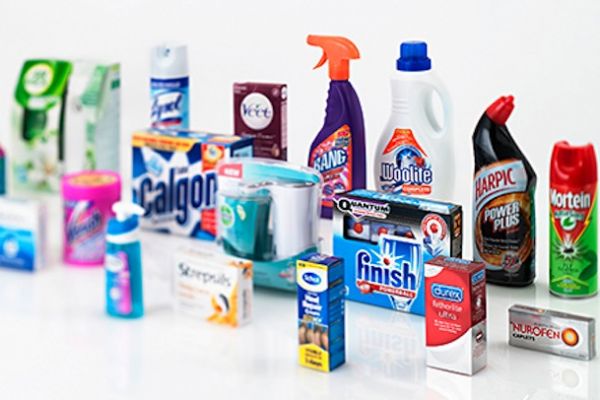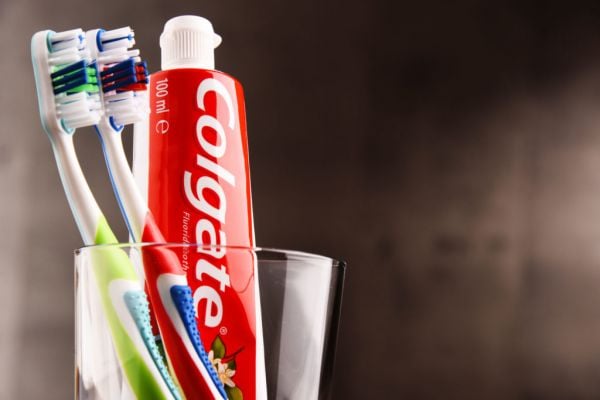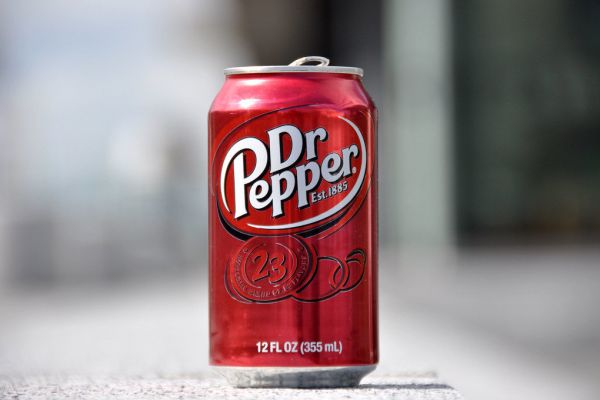This is the year for Rakesh Kapoor to show he’s worth it, as 2017 has been patchy for the CEO of Reckitt Benckiser.
At one point, he could claim he’d more than doubled the company’s value since his arrival in 2011, but sales stumbles mean that shares have had their worst year since then. Along the way, his outsize pay has been brought to heel.
So, Kapoor’s decisions next year – primarily whether or not to bid for Pfizer’s consumer-health arm – will have far-reaching consequences for both the company and his own position.
His $18 billion swoop on infant-nutrition business Mead Johnson in February was a surprise, and not just because its mother and baby products lay outside Reckitt’s core business. It was also a pivot from a strategy of hunting for the consumer arms of the big pharmaceutical groups. The challenges from this deal could make or break Kapoor.
To start, it may swell net debt to almost 3.5 times Ebitda by the end of 2017, according to Bloomberg consensus forecasts – above the level at which investors start to get nervous.
As Gadfly's Chris Hughes noted, the deal also landed Kapoor with a dilemma: whether or not to bid for the Pfizer business, too, with a mooted price tag of more than $17 billion.
Consumer Goods
Reckitt’s not the only big consumer group worrying about sales. Its response has been to shift from slower-growing home-care goods into fatter-margin consumer-health products, helped by a dose of cost-cutting.
There’s only so much Cillit Bang cleaner that consumers can buy, while ageing populations and well-being-obsessed millennials mean that health care has the potential to keep performing.
Buying Pfizer’s consumer division would accelerate this shift – for instance, Advil would take Reckitt into US analgesics – but without offsetting disposals, net debt would balloon to between four and five times the Ebitda.
Still, Reckitt has a remedy at hand. The question is whether it will take it.
Mead Johnson not only stretched the balance sheet, but management bandwidth. Reckitt’s answer was to split the company into its health brands, such as Nurofen painkillers, and hygiene and home goods, such as Finish dishwasher tablets.
The latter could be an attractive target for private-equity or trade buyers on the hunt for cash-generative brands. It could have an enterprise value of about $20 billion, according to Jefferies analyst Martin Deboo. That would more than cover the value of the Pfizer arm, even if the auction becomes fevered.
Nevertheless, a purchase would present other problems. Before now, Reckitt has absorbed acquisitions pretty well, but digesting two big businesses in quick succession is a lot for even the best operators.
Pfizer isn’t the only route to solving Reckitt’s growth problem. Some are less obvious, although Kapoor does have a habit of doing the unexpected.
The paths less travelled include buying Merck KGA’s consumer-health arm, with a potential price tag of about $5 billion. Its sales are expanding faster than the broader market and it would be more digestible, but the unit’s best-known brand, Seven Seas, is well established, so there’s less scope for Reckitt to work its magic.
Potential Plans
Kapoor could keep his powder dry altogether, too. He’s a patient man, playing bridge in his limited free time.
Purchasing nothing would mean space for Mead Johnson’s performance to improve, and for synergies to kick in. What’s more, dedicated management of the hygiene and home business should elevate the eventual sales multiple.
Kapoor may be holding out for disposals elsewhere. Reckitt might covet GlaxoSmithKline’s consumer arm, although there’s no sign that it is up for sale, and it would be expensive. Still, if anything were to happen here, it would probably be years away.
The trouble is, Kapoor may not have as much time as he’d like.
Reckitt’s split, together with its equity underperformance, have opened up the possibility of a break-up, as Bernstein analysts led by Andrew Wood have noted. That’s catnip to activist investors, for whom consumer giants are a favourite hunting ground.
Sum-of-the-parts valuations range from £72 per share at Jefferies to £92.80 at Bernstein. The latter assumes that Reckitt first sells the hygiene and home division, and is then gobbled up by a big pharmaceutical group.
Either way, all are above the current share price. Unless Kapoor can lift growth and reassure investors that enviably high margins aren’t at risk, the gap will only widen. Kapoor may be ready to play a long game. An activist may be less patient.
News by Bloomberg, edited by ESM. Click subscribe to sign up to ESM: The European Supermarket Magazine.














